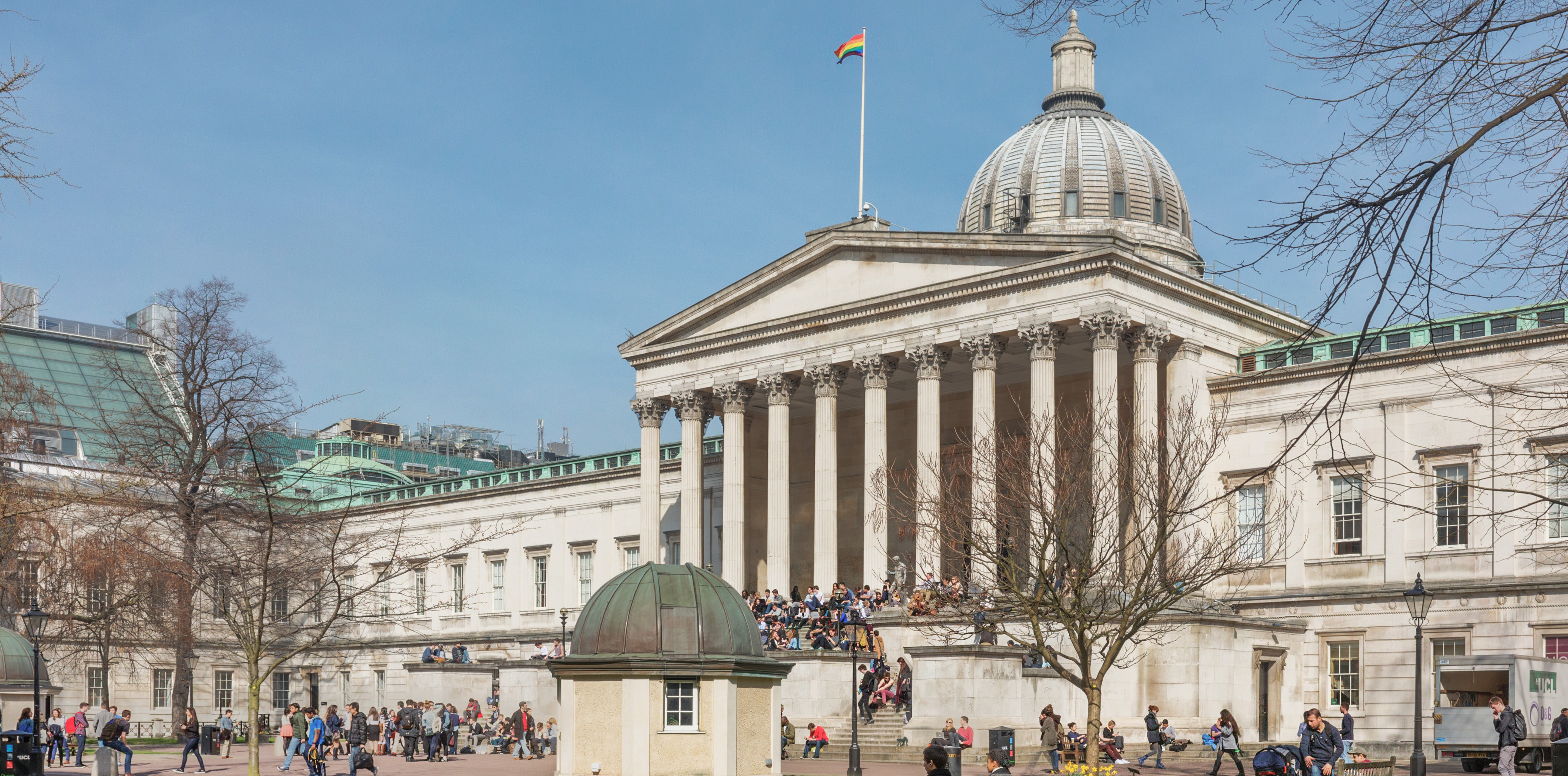UCL to “address” historic links with eugenics
University College London (UCL) has unveiled a number of measures to address its “problematic” history with eugenics.
One of the proposals involves renaming buildings named after scientists Sir Francis Galton and Karl Pearson.
An inquiry, led by Iyiola Solanke, chair in European Union law at the University of Leeds, found that these names create an “unwelcoming environment” for minority groups.
UCL has announced funding for new scholarships to study race and racism in response, and will create a two-year research post to further examine the institution’s history of eugenics.
Solanke’s inquiry also recommended that UCL issue “a meaningful and effective apology” to acknowledge the harm caused by its complicity in eugenics to people in BAME and targeted communities.
This could be conveyed by decolonising the curriculum in all departments, in order that “UCL can reconcile its past with its current values and its future”.
However, a large proportion of the university’s buildings naming and renaming committee refused to sign the report, stating that it did not go far enough.
Joe Cain, professor of history and philosophy of biology at UCL, wrote that he felt the inquiry did not cover eugenics widely enough.
He said: “By just focusing on race, it ignored the fact that most eugenics research and advocacy targeted low-income European migrants into England, defended antisemitism and nativism, and worked against people with disabilities of all kinds.”
He added that the inquiry focused too much on Galton, thereby minimising the roles of other historical eugenicists.
Galton was the originator of the term eugenics, which he defined as the science of improving human populations through selective breeding.
He provided UCL with a significant endowment and his personal archive. He also provided a bequest which funded the UK’s first professorial Chair of Eugenics.
It is important that we approach this history proactively and confront our role in eugenics by understanding the past
– Professor Michael Arthur, president and provost of UCL
The ten inquiry members who refused to sign the report published their own set of recommendations, including signage to explain the reasons for the renaming, “including the historical linkage of named individuals to eugenics advocacy and scientific racism”.
The investigation into UCL’s history with eugenics was launched after it was revealed in February 2018 that one of its honorary academics had hosted secret conferences on eugenics and intelligence.
The London Conference on Intelligence, held annually in 2016-18, was described by organisers as a series of presentations on “empirical studies of intelligence, personality and behaviour”. Topics included the link between genetics and racial disparities regarding intelligence, and the idea that “skin brightness” plays a role in global development.
Professor Michael Arthur, president and provost of UCL, accepted the results of the inquiry in principle, acknowledging that the university has “problematic” historic links with eugenics.
He said: “It is important that we approach this history proactively and confront our role in eugenics by understanding the past. This past should not be hidden but openly and critically discussed.
“Racism, antisemitism, inequality and inequality of opportunity have a profound impact on the sense of belonging that we want all of our staff and students to have at UCL.”

Comments